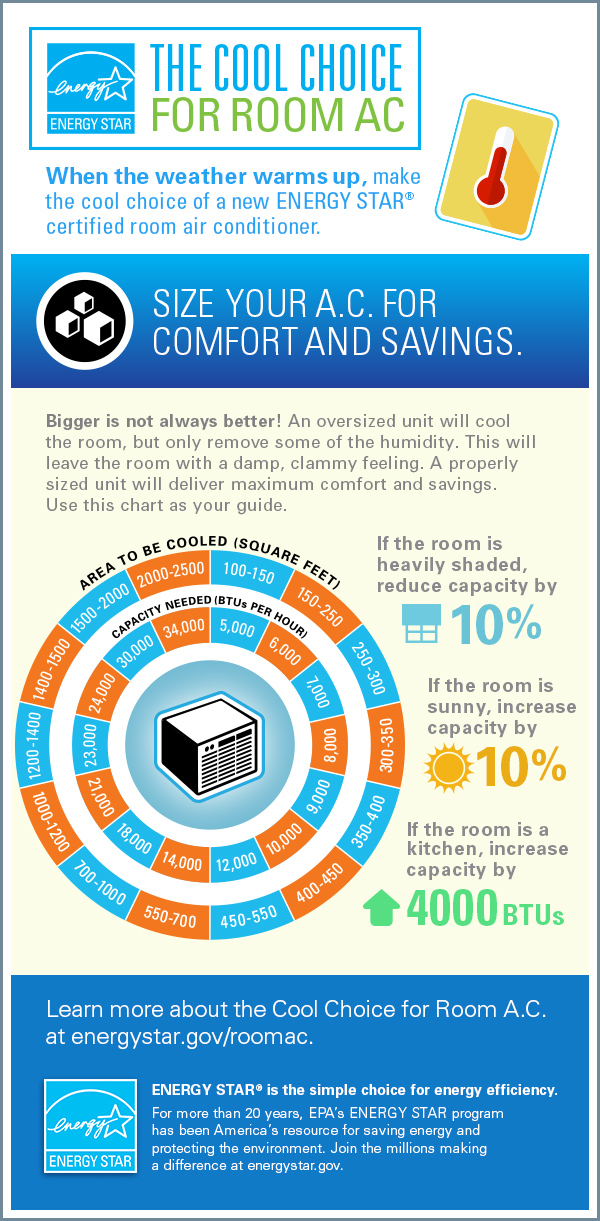Heatpump Vs Furnace - Which Is The Better Heating Alternative For Your Home?
Heatpump Vs Furnace - Which Is The Better Heating Alternative For Your Home?
Blog Article
Authored By-Rosenthal Matthiesen
Several house owners are familiar with heating systems, which warm homes with oil or gas and push hot air via ductwork. They are reasonably affordable and can provide trusted heating even throughout a winter months power interruption.
However, they use fossil fuels and generate carbon monoxide gas and other air pollution. They likewise aren't as energy-efficient as a high-efficiency heat pump.
Cost
Normally, heatpump are much more cost effective to operate than heaters. https://www.contractingbusiness.com/residential-hvac/article/21156789/april-new-products-from-heating-ventilation-air-conditioning-refrigeration-contractors use electrical power and refrigerant to extract warm from outdoor air, and then move it right into your home. You can make the most of less expensive electrical power rates throughout off-peak hours to even more decrease your heating costs.
Unlike heat pumps, gas or wood-burning heaters use burning to produce heat, sending out flue gases into the environment that can be hazardous to your health. These heaters are likewise less energy-efficient than heat pumps, and their greater operating expense can add up in time.
Furnaces are a lot more complex than heat pumps and require routine upkeep to make certain the correct function of all components. Despite this, they often tend to last longer than heatpump with a common life-span of two decades or even more. However, you'll need to consider the cost of gas, gas oil or wood and the extra tools required for installation and procedure such as ducts and ventilation systems.
Energy Performance
Heat pumps have a higher power efficiency score than furnaces. These systems utilize electrical power to feed on heat from the air, even in freezing temperature levels. They can additionally eliminate excess heat from the home throughout warmer months and reuse it to cool the system. copyright professionals can assist you figure out the most effective design for your home on environment and source energy costs.
Furnaces burn fuel oil, lp, natural gas or other kinds of fossil fuel to heat up the air in the home. This air is after that dispersed through ductwork using a large follower. https://travisekwgq.bloggerchest.com/29221410/discovering-the-ecological-advantages-of-warmth-pumps-a-sustainable-heating-service create greenhouse gases and require routine maintenance and equipment upgrades to ensure risk-free procedure.
The biggest benefit of a heater is that it can be run even in severe winter conditions since it does not rely on outside temperature levels to warm the air. Heating systems additionally have a longer lifespan than heat pumps and generally last 15 years. They can additionally be coupled with dual gas choices, which choose one of the most efficient home heating choice based on the weather.
Environment
Heat pumps work well in moderate environments and make use of less source power than furnaces. However, if your area is exceptionally cool, you may need to invest in a basic gas heater rather.
Furnaces offer warm, comfortable heat and typically use fast home heating to elevate interior temperature levels. These systems can be made use of with a selection of gas types, consisting of gas, gas, oil or electrical energy.
They eat extra energy than heat pumps-- as much as 3x as much-- and require ductwork that's costly to mount or retrofit. They're additionally extra costly to maintain, as they can trigger air quality concerns and generate greenhouse gas discharges.
If heat pump installation for light commercial committed to reducing your carbon footprint, a heatpump is a great choice for your home. They have fewer greenhouse gas discharges than heaters, specifically if you select a power CELEBRITY ® heatpump. Your neighborhood Service provider professional can describe the distinctions between these 2 heating systems and assist you make the most effective decision for your unique requirements.
Personal Preferences
Furnaces can be really power reliable when powered by natural gas, propane or oil, but they aren't as energy reliable as heat pumps in freezing climates. They can also be much more pricey to mount, needing gas lines and air flow systems.
However, heaters often tend to require less maintenance, which can result in reduced ongoing expenses. They generate fewer greenhouse gases and are a lot more trusted than heat pumps throughout extreme climate.
Electric heat pumps are extra versatile in producing indoor comfort due to the fact that they can also work as a/c during warmer months. They can be more convenient to preserve, needing just routine air filter modifications and periodic vacuuming.
If you favor the convenience of a solitary system that does it all, think about a hybrid home heating solution that sets a heater with an electrical heatpump. These systems can instantly change in between the two home heating choices based upon your home's needs and temperature level problems, optimizing performance and savings.